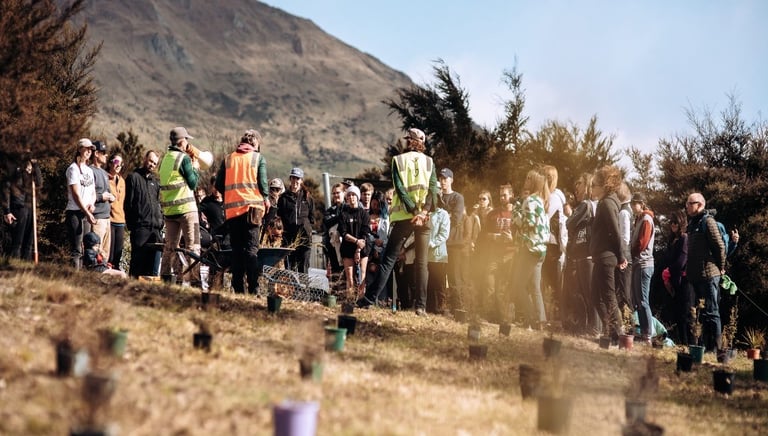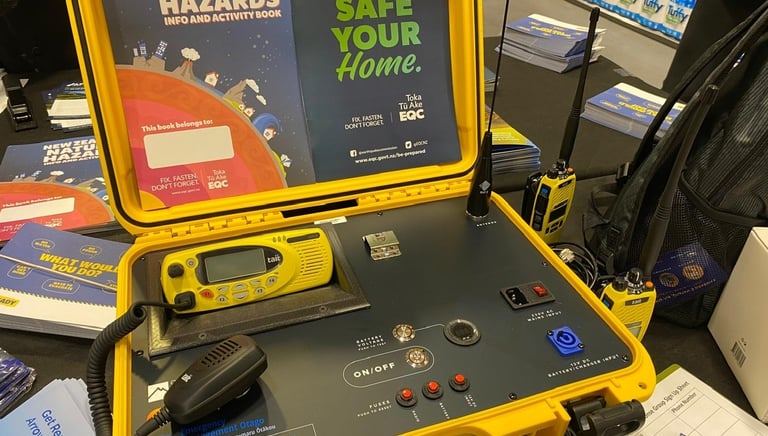About the WCRG
Why do we need a Community Resilience Group?
The Wānaka Community Resilience Group (WCRG) was instigated by Emergency Management Otago (EMO)
EMO coordinates reduction, readiness, response and recovery activities across the Otago region and has asked all communities to stand up Community Response Groups. EMO is a partnership formed between the local authorities in Otago to enable coordination of effort and actions in the event of civil emergencies. Effectively, EMO has absorbed the Civil Defence function into what is now Civil Defence Emergency Management.
It involves not just managing civil defence at the time of an emergency but encouraging resilience and preparedness in the community in advance.
Emergencies can take many forms: storms, wildfires, landslides and, of course, earthquakes are the usual list and we can now add pandemics.
Community resilience is essential when the emergency services are overwhelmed by the scale of the event and in particular if the utilities we take for granted are disrupted: power, water, sewage, gas, roads and communication networks.
The big event we have to plan for in this context is the ‘AF8’: Queenstown Lakes District being hit by an Alpine Fault magnitude 8 earthquake, said to be now overdue (the last one was in 1717). Such an earthquake will likely cause catastrophic damage to our environment, our housing and the services on which we rely.




Our Assumptions
In the case of a large AF8 earthquake event we have to assume that Wānaka will be cut off by road and power, water, communications (phone and internet), gas and sewerage will not work, and many residences will not be habitable. There will be insufficient resources within the Queenstown Lakes District area to provide immediate help.
We need to plan, as a local community, to be self-sufficient for at least two weeks, maybe more, before outside help can assist.
We have established working relationships with the Police, Hato Hone / St John, FENZ, SARDA, Coast Guard and other local groups. all of whom welcome our presence in the local emergency response.
